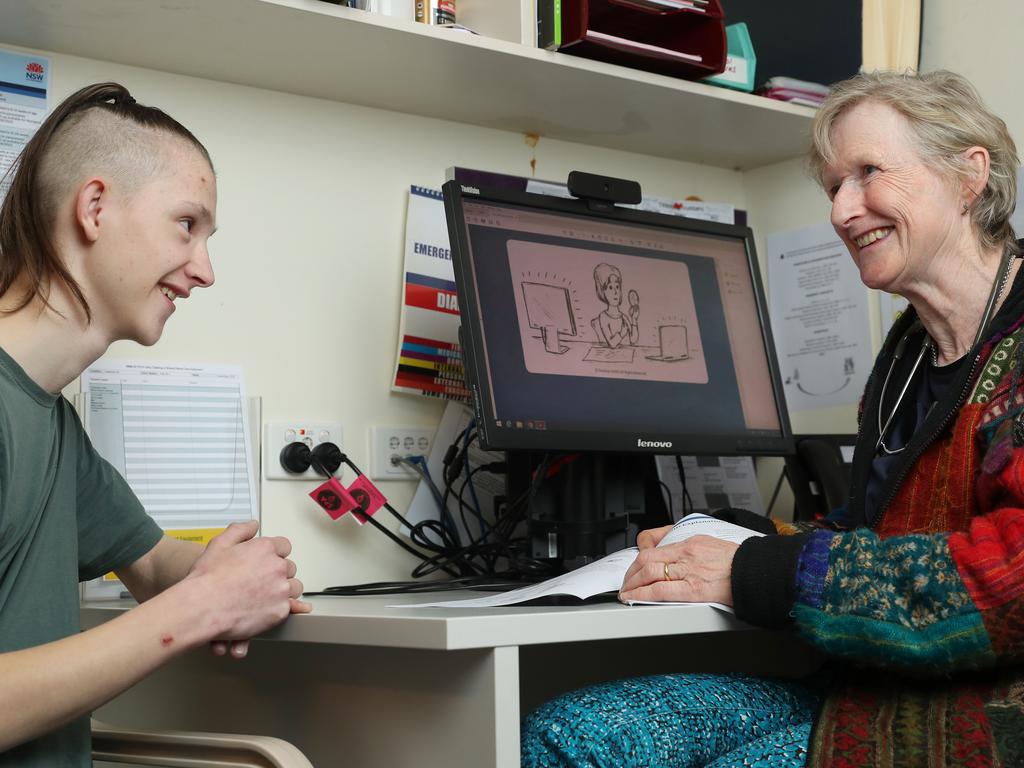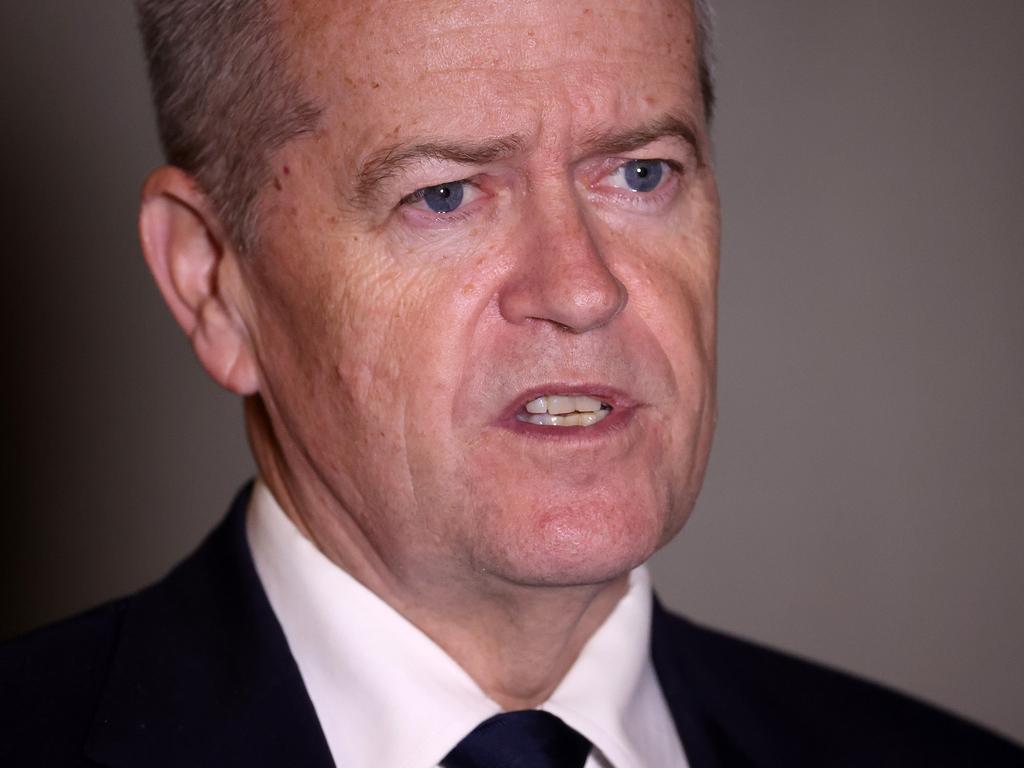Warning on ADHD online quiz assessment
The peak psychologists body has warned against an increase of rushed ADHD assessments being completed over Telehealth.

More ADHD assessments are being rushed over Telehealth and there is a “significant risk” of patients being misdiagnosed because the process is falling short of best practice, the peak psychologists body has warned.
Institute of Clinical Psychologists president Marjorie Collins said there was a “lot of poor practice” in diagnosing ADHD, including a growing number of clinics operating exclusively through Telehealth using online quizzes to assess patients.
The warning comes amid a rise in ADHD cases, with 511,330 people in Australia last year prescribed a drug to treat the disorder under the Pharmaceutical Benefits Scheme, data from the Department of Health shows.
“I am actually very concerned about reports about the ADHD diagnoses being done very quickly,” Dr Collins said. “A diagnosis being done on Telehealth, I do have concerns about that when it is not a careful diagnosis.
“You can do a careful diagnosis on Telehealth but if it’s very quick, a differential diagnosis has not been taken into account, then I’m really actually very concerned about those particular practices. I do think there’s a lot of poor practice in the area, unfortunately.”
Dr Collins said there was a significant risk of misdiagnosing ADHD, which can present with the same symptoms as other mental health disorders
“ADHD diagnosis and treatment can be very tricky,” she said.
“Some of them are quite straightforward, but there are a number of them where it is actually really very tricky, especially in the initial stages.
“It’s quite complex to do a differential diagnosis, to work out: Is this ADHD or is this actually something else such as trauma that presents with common symptoms? Is it a personality disorder? Is the person actually just lying in order to get stimulant medication? Which also happens.”
One online clinic exclusively offering ADHD diagnoses asks potential adult patients to complete an online questionnaire, followed by a Telehealth appointment with a psychologist, to assess “whether you do or don’t have an ADHD diagnosis”.
Another clinic offering ADHD and autism spectrum disorder assessments solely over Telehealth offers child and adult ADHD assessments for $1500 and autism assessments for $1750 to $2250.
Another clinic offering Telehealth ADHD assessments boasted it was “staffed by a proudly neurodivergent team” and was “neurodivergent affirming”.
Perth-based clinical psychologist Derek Cohen said there was an “endemic of practices” offering sub-par ADHD diagnosis. “There appears to be an endemic of practices – some psychological, some counselling, some coaching, some other – offering services of a specific nature because they understand that there is a nationwide demand for diagnosis and help in areas such as ADHD,” he said.
Mr Cohen also raised concerns about business models that screened for only one diagnosis.
“It is easy to tease out who is offering a legitimate method, from those who are really just providing an expensive screening service, because the aim of an assessment is a differential diagnosis,” he said.
A Senate inquiry is investigating barriers to consistent, timely and best-practice assessment of ADHD. The committee has fielded concerning reports of the use of Telehealth in the sector, including from the Australian College of Mental Health Nurses, which cautioned on the “substantial risk of online Telehealth brief assessment services” that “exclusively offered ADHD-only assessment”.
The Australian ADHD Professional Association also expressed concern at “reports that the assessments being offered by some new clinics, many of which operate via Telehealth, do not meet the quality standards set out in the ADHD Clinical Practice Guideline”.
Dr Collins said people were becoming more aware about labels such as ADHD, with many learning about it on social media.





To join the conversation, please log in. Don't have an account? Register
Join the conversation, you are commenting as Logout